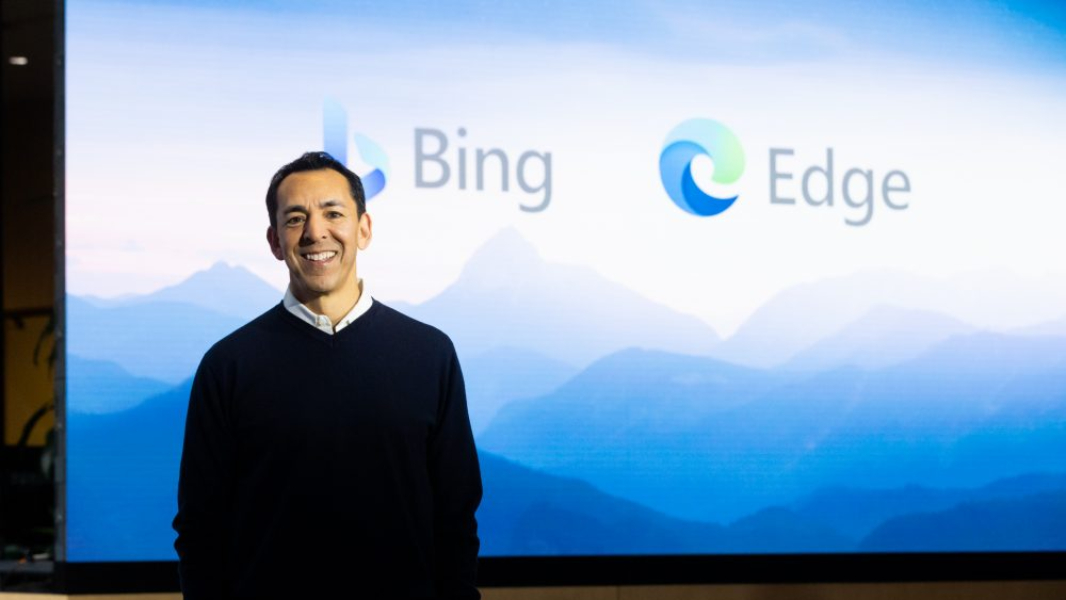Report: Microsoft’s Bing and Edge May Not Fall Under DMA Regulation
- Laurent Giret
- Jan 23, 2024
-
1

Microsoft’s Bing search engine and Edge web browser may avoid being regulated under the EU’s Digital Markets Act (DMA), which is set to enter into force on March 6, 2024. According to a report from Bloomberg citing people familiar with the matter, the five-month investigation from the EU Commission, which will end in February, may conclude that Edge, Bing, as well as Microsoft’s advertising services are “not dominant enough” to be hit by the regulation.
The EU Commission has already listed Microsoft as one of the “gatekeeper” companies that will need to make some changes to some of their “core platform services” to ensure their openness. The EU regulator defined a “core platform service” as an online service that connects a business with a large number of users: That definition includes search engines, social networks, operating systems, web browsers, online advertising services, and cloud computing services.
Windows Intelligence In Your Inbox
Sign up for our new free newsletter to get three time-saving tips each Friday — and get free copies of Paul Thurrott's Windows 11 and Windows 10 Field Guides (normally $9.99) as a special welcome gift!
"*" indicates required fields
As of today, LinkedIn and Windows are the only two Microsoft platforms that the Commission designated as “core platform services” that need to be regulated under the DMA. However, the EU regulator had launched separate investigations to determine if Bing, Edge, and Apple’s iMessage service should also be regulated. Bloomberg previously reported that iMessage may ultimately not fall under DMA regulation. However, iOS, the App Store, and Safari will.
According to Statcounter, Microsoft Edge had a 4.96% browser market share in December 2023, lagging behind Apple’s Safari (18.59%) and Google Chrome (64.7%). As for search engines, Bing’s global market share in December was even lower at 3.37%, while Google was at 91.62%. Bing and Edge are indeed probably not “popular” enough to be regulated under the DMA.
Back in November, however, Microsoft detailed the changes it’s making to Windows in Europe to comply with the DMA. Users will be able to uninstall more apps including Microsoft Edge, and web search in Windows Search and feeds in the Windows 11 widgets board will also support other providers than Microsoft. In Europe, Windows will also ask users if they want to sync their Microsoft account with Windows so that their data is available on their other Windows devices and the Microsoft products they signed into.
Other “gatekeeper” companies such as Meta and Google have already started to detail what changes EU users can expect when the DMA comes into effect on March 6. Yesterday, Meta announced that EU users will be able to unlink their Facebook and Instagram accounts and use services such as Messenger, Marketplace, and Facebook gaming without using their Facebook information.